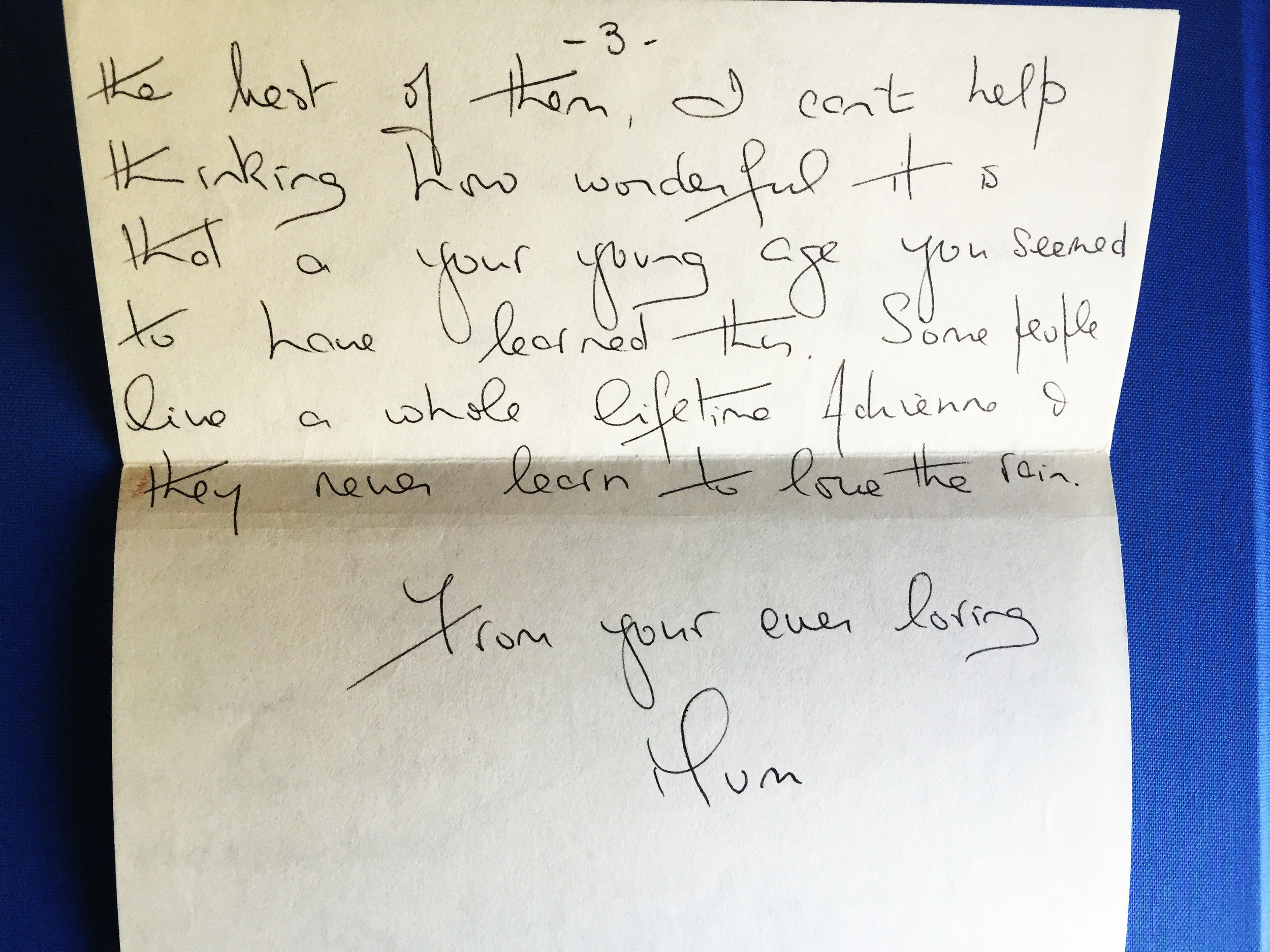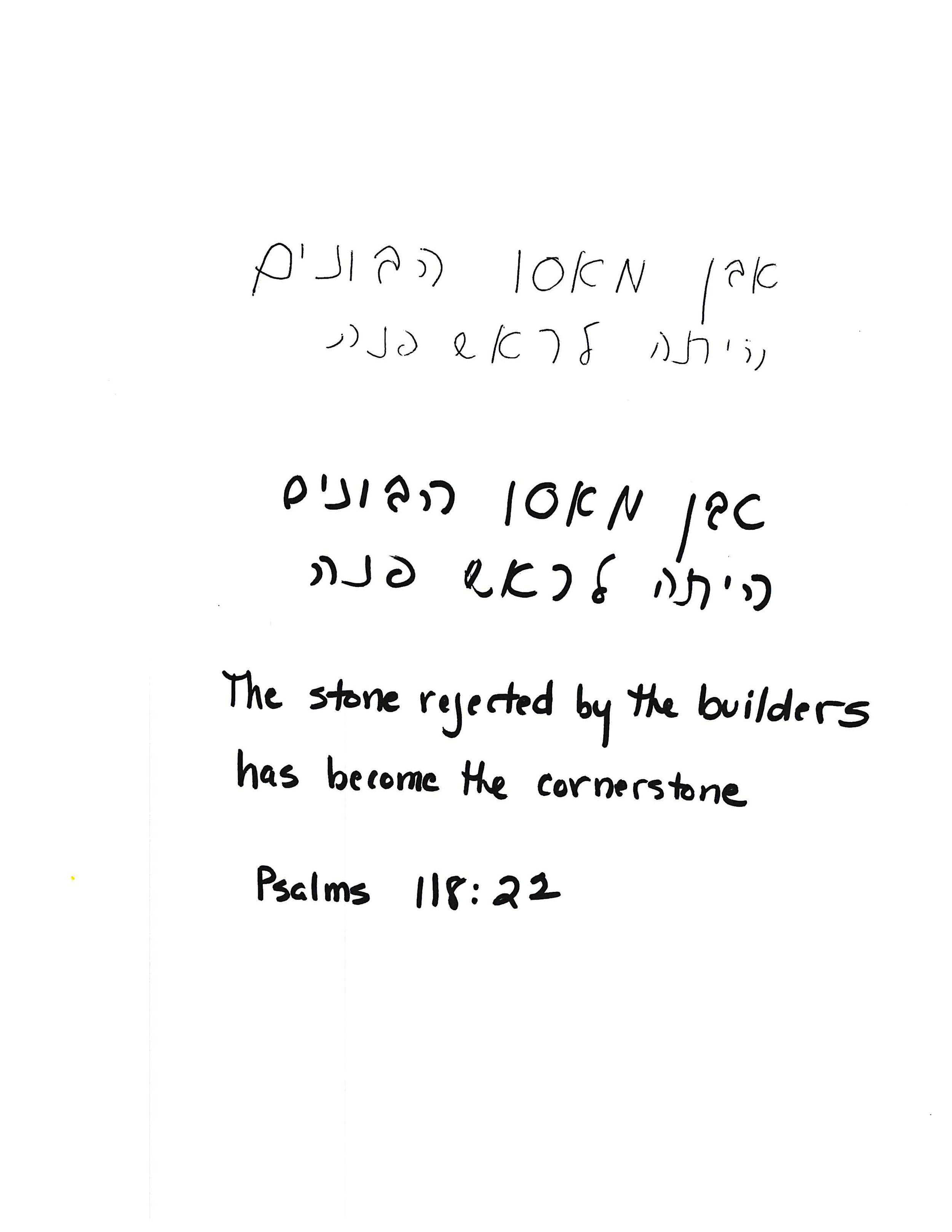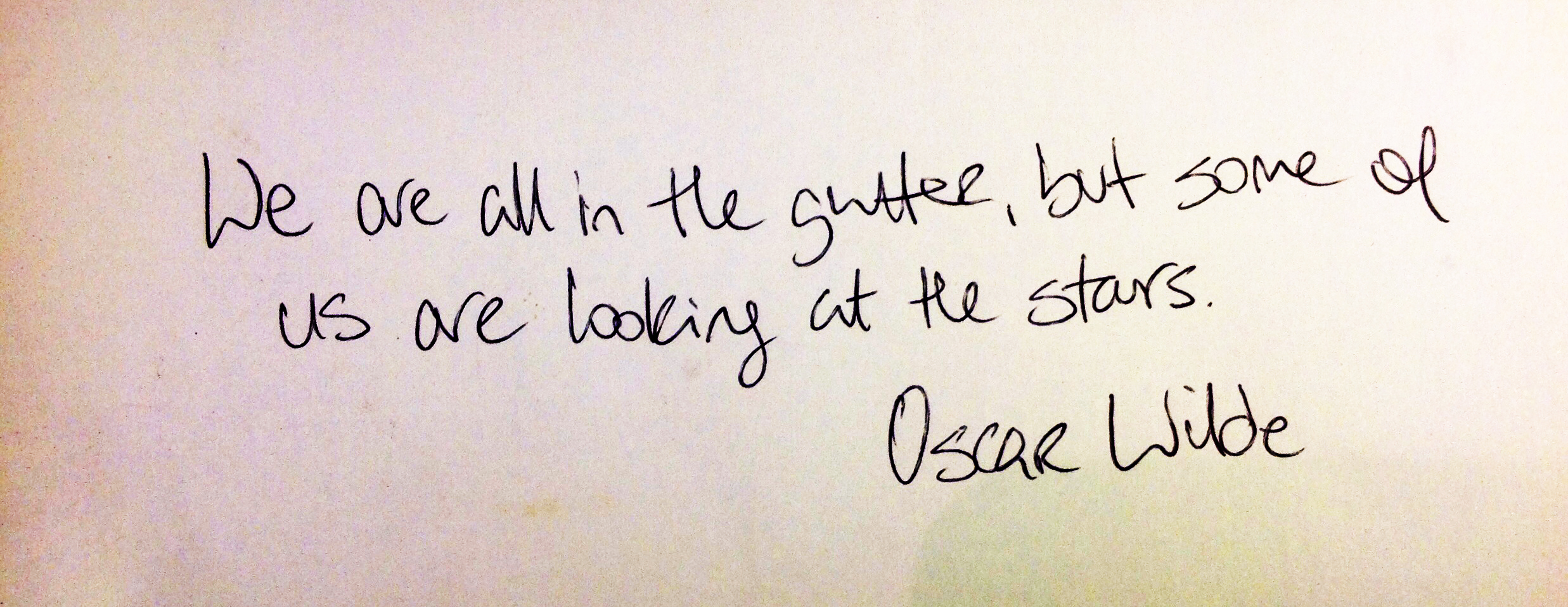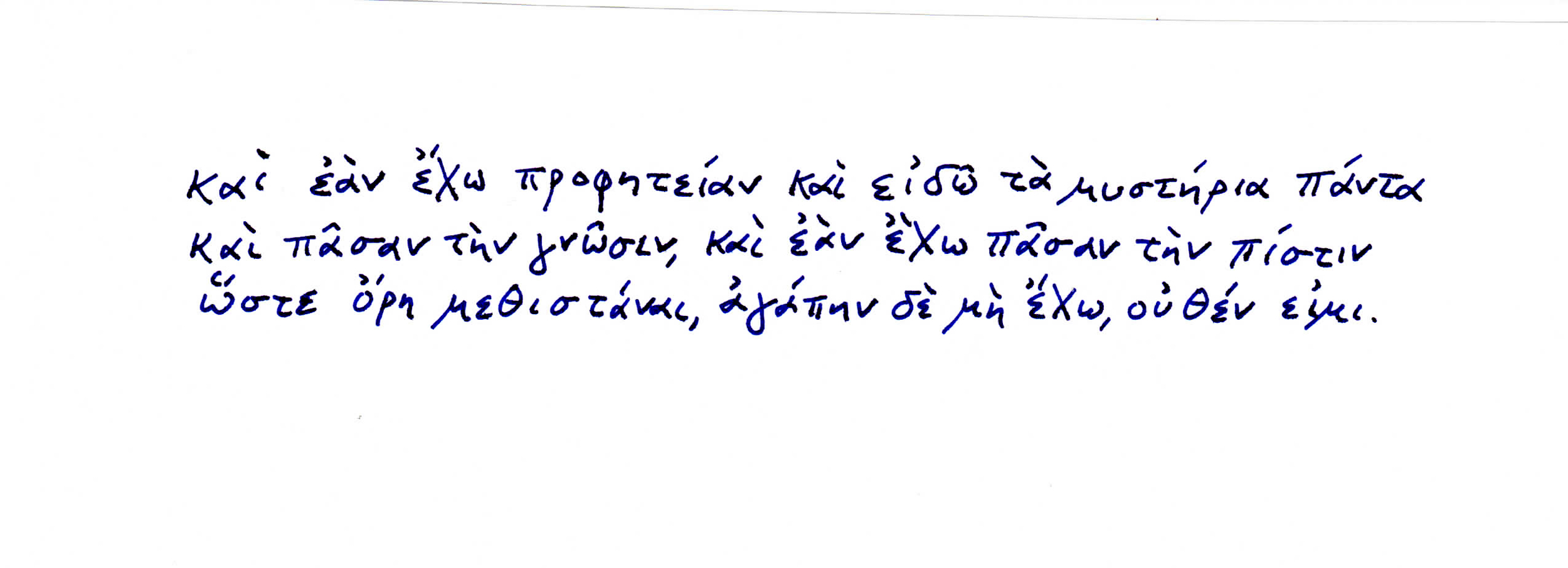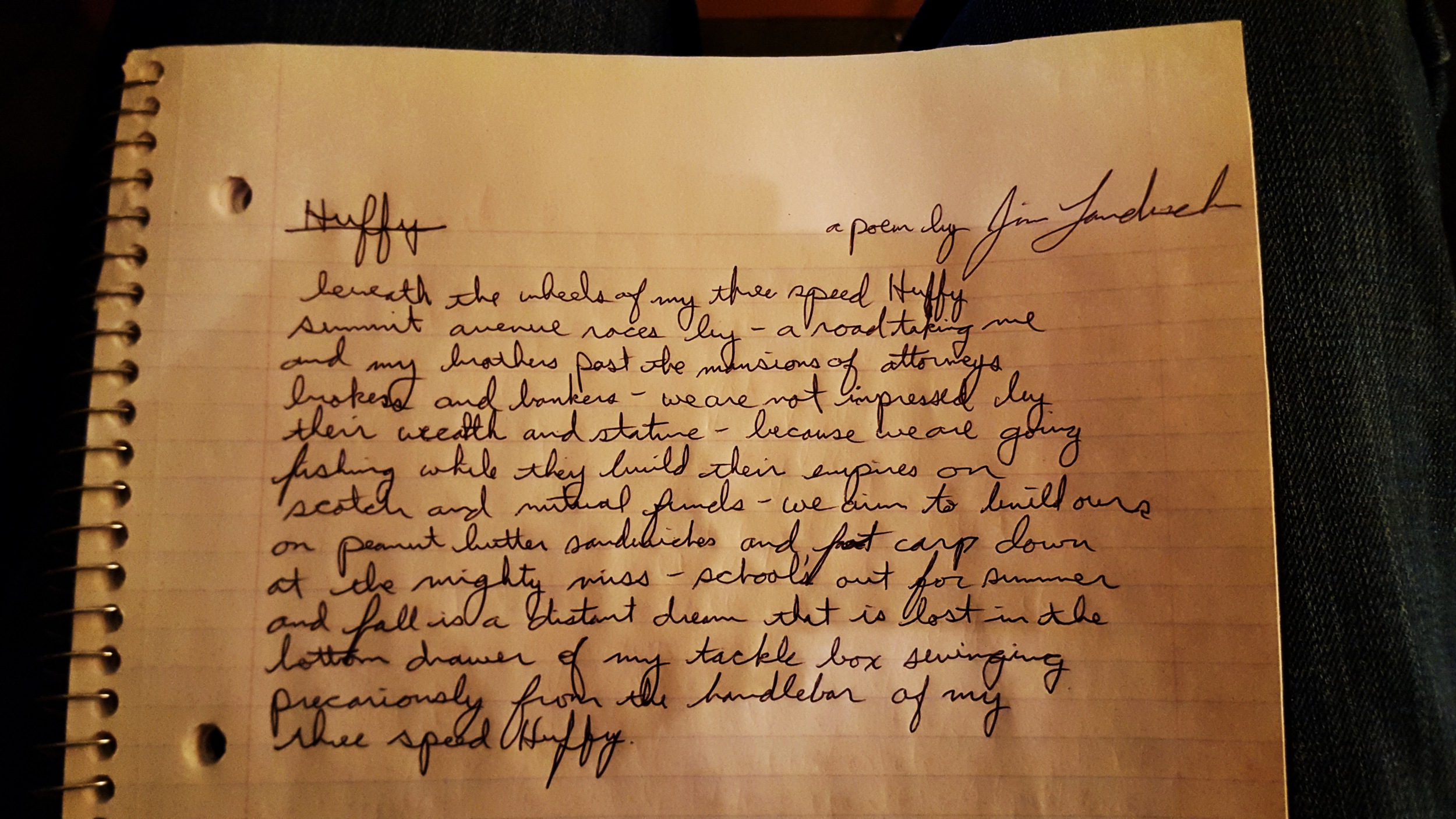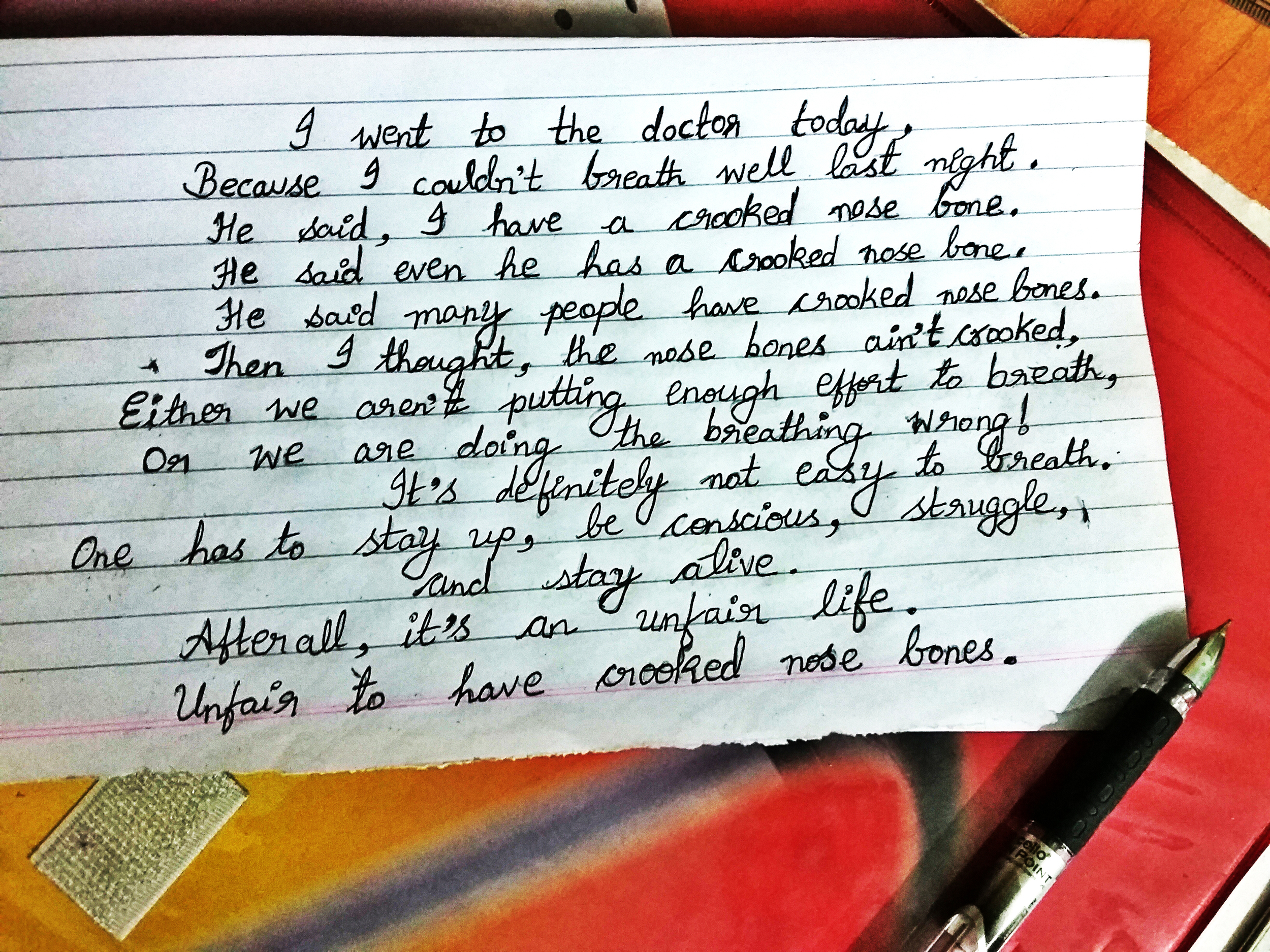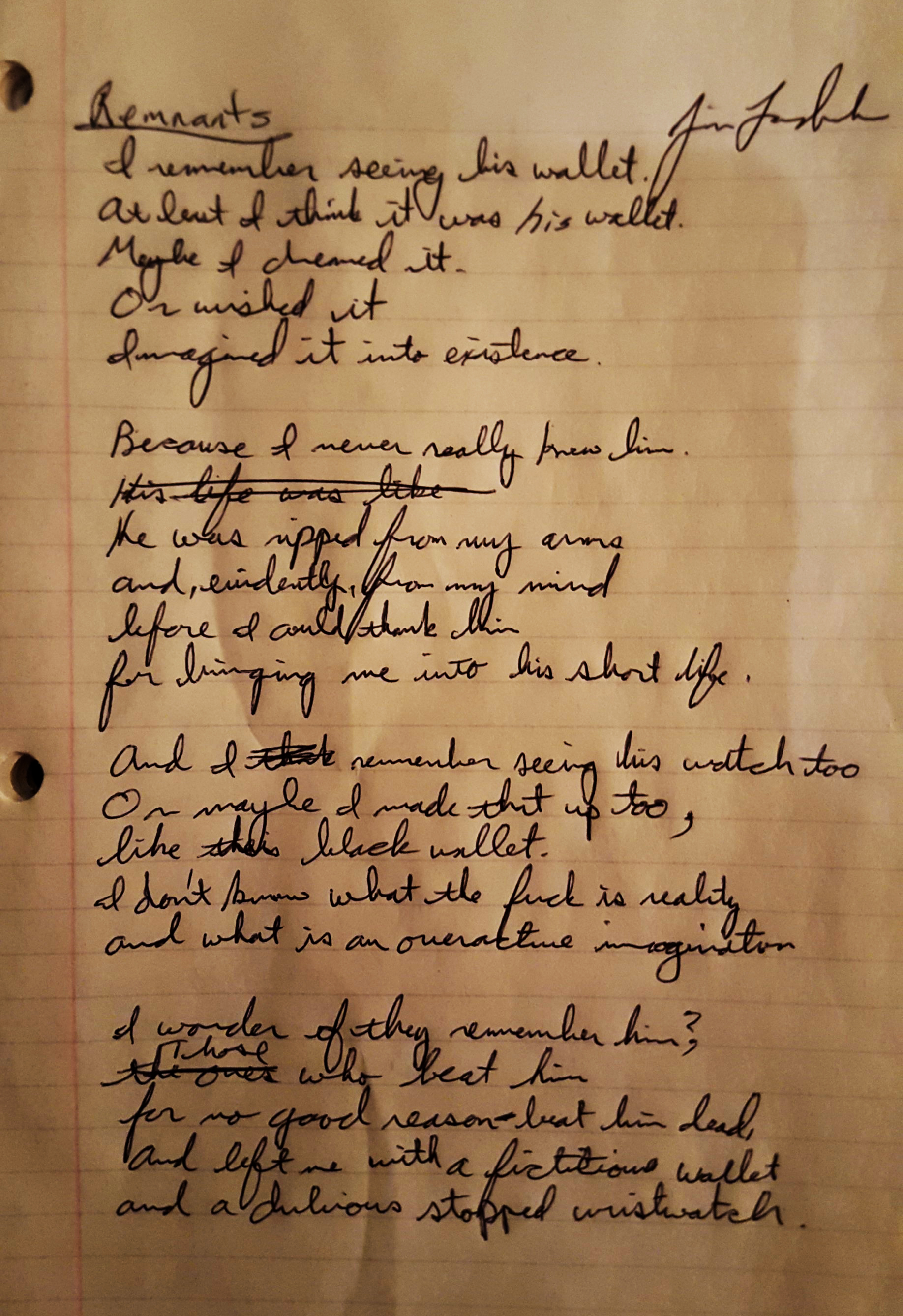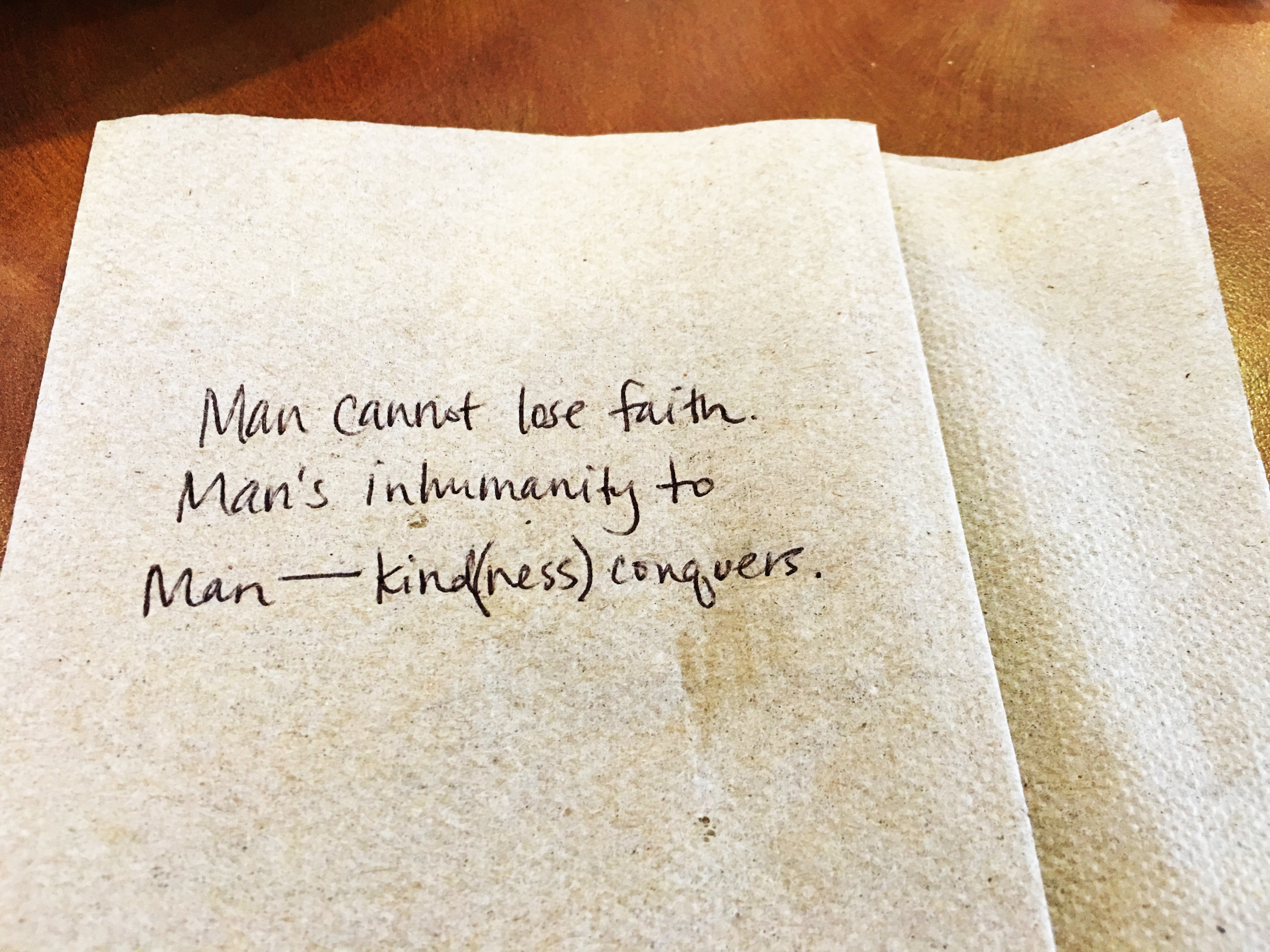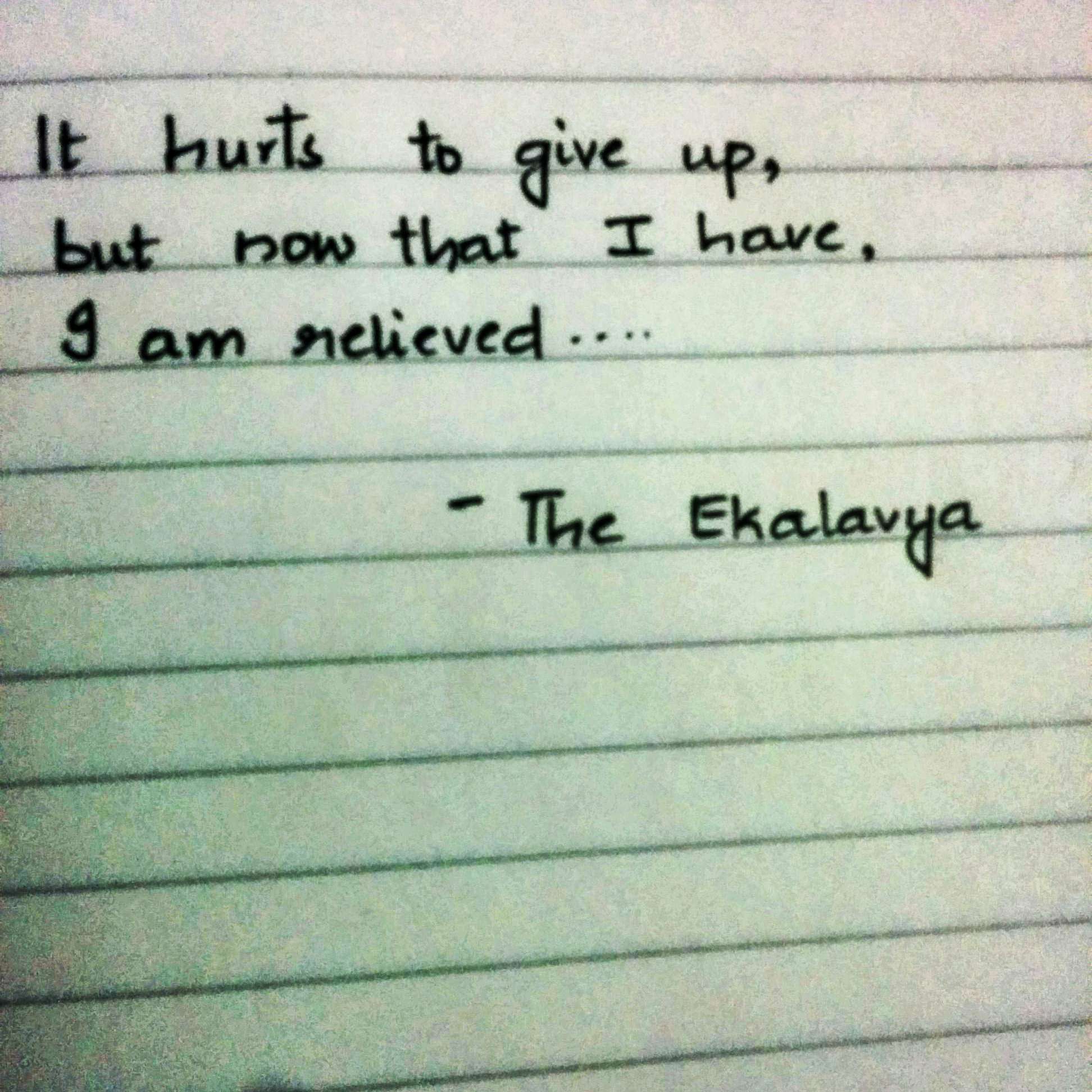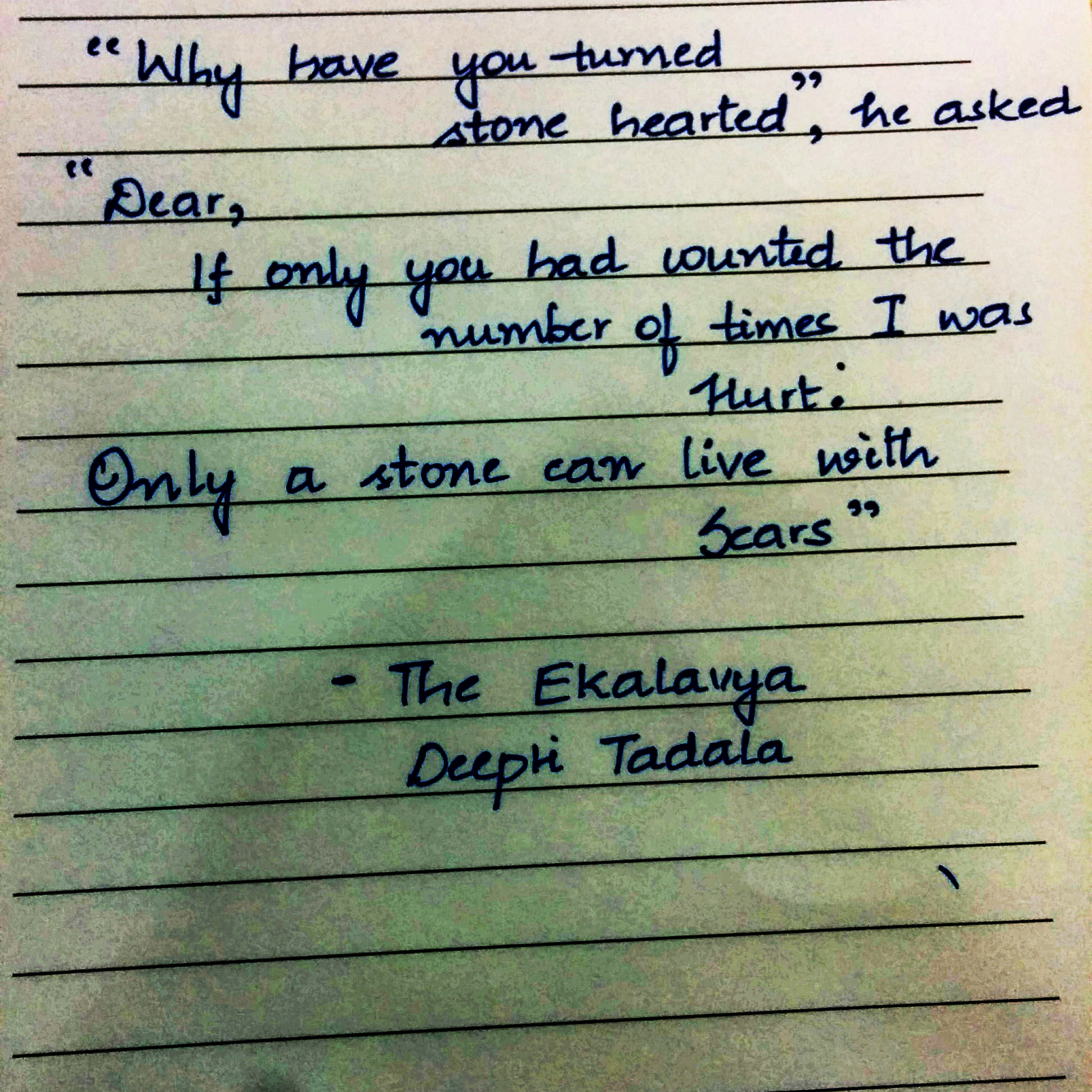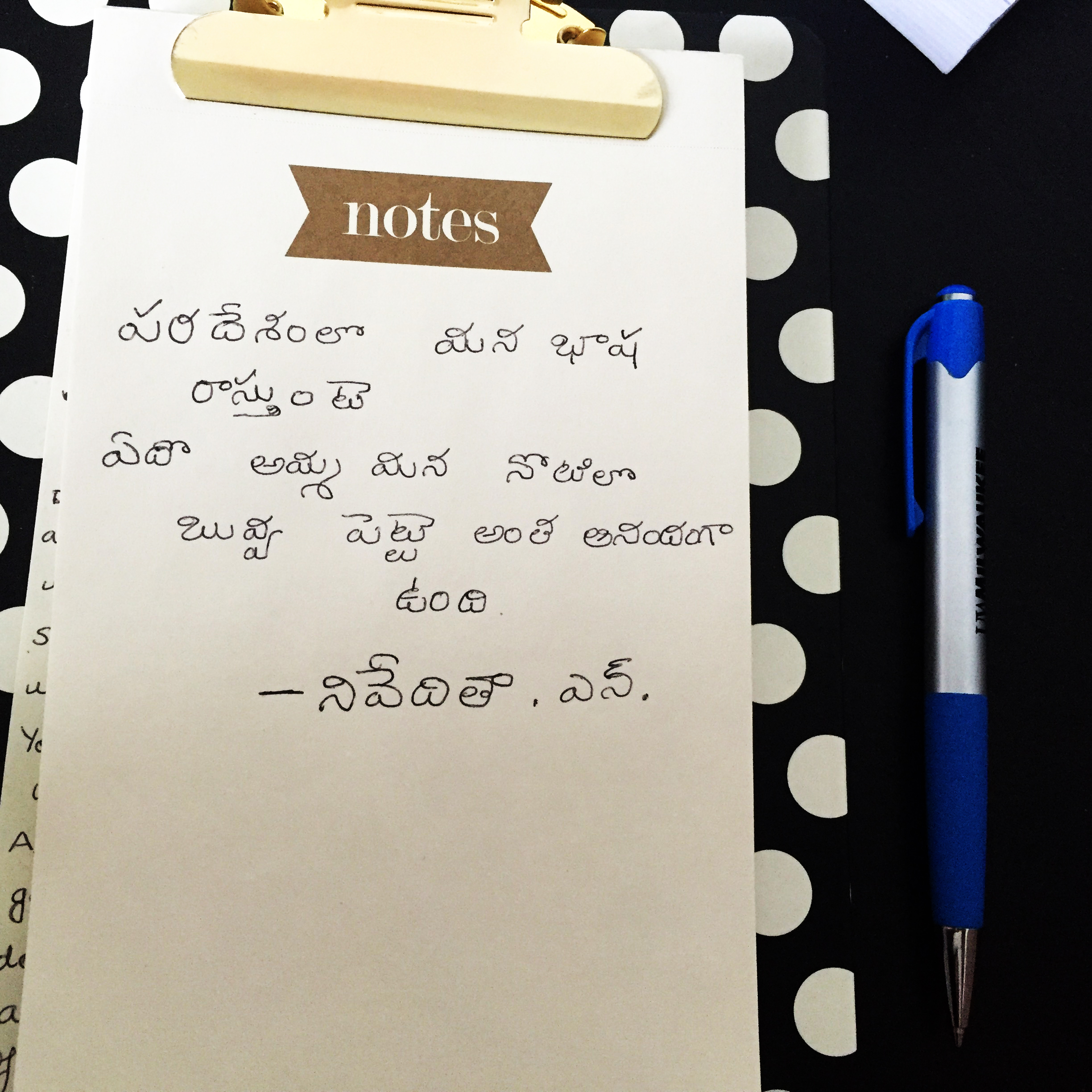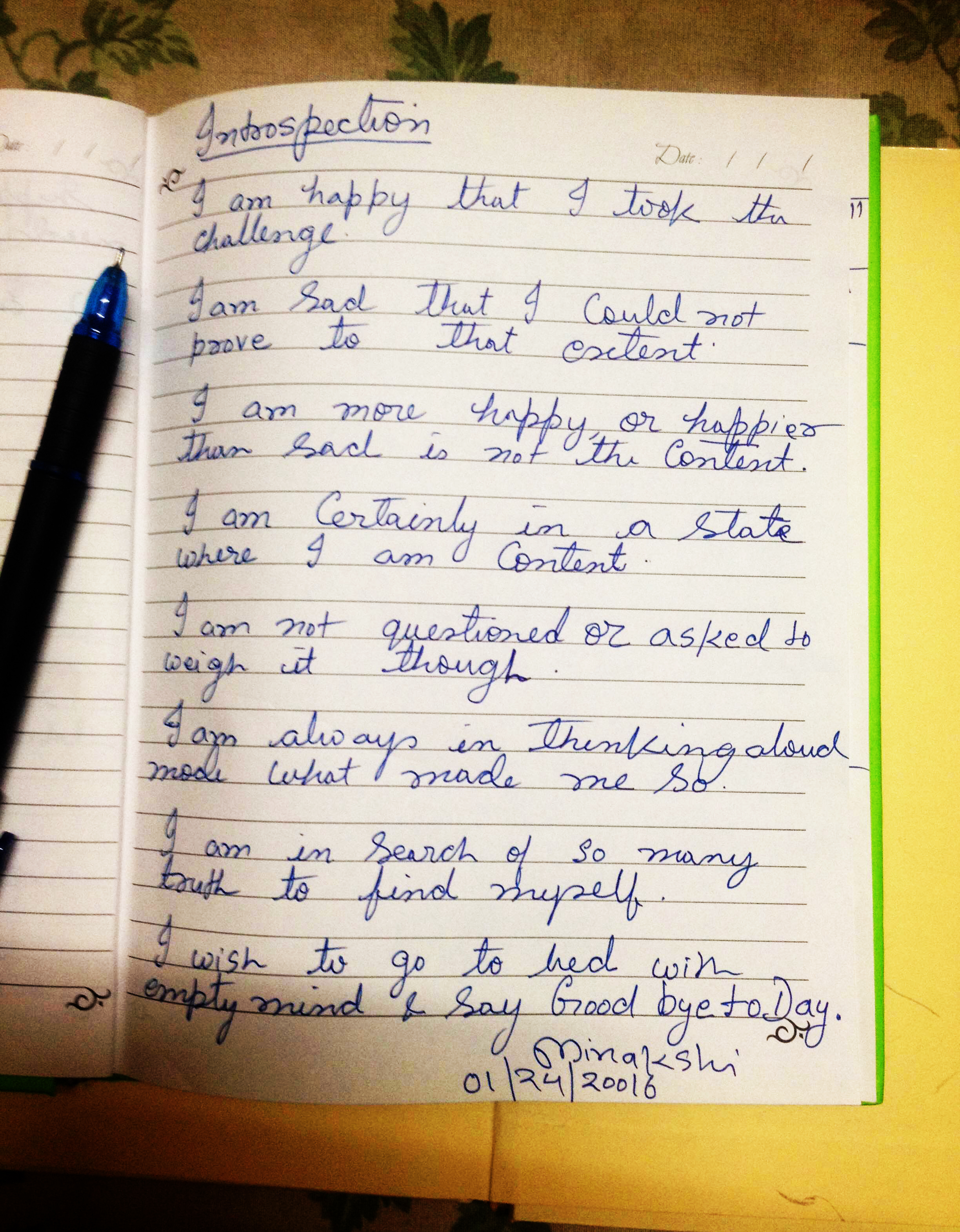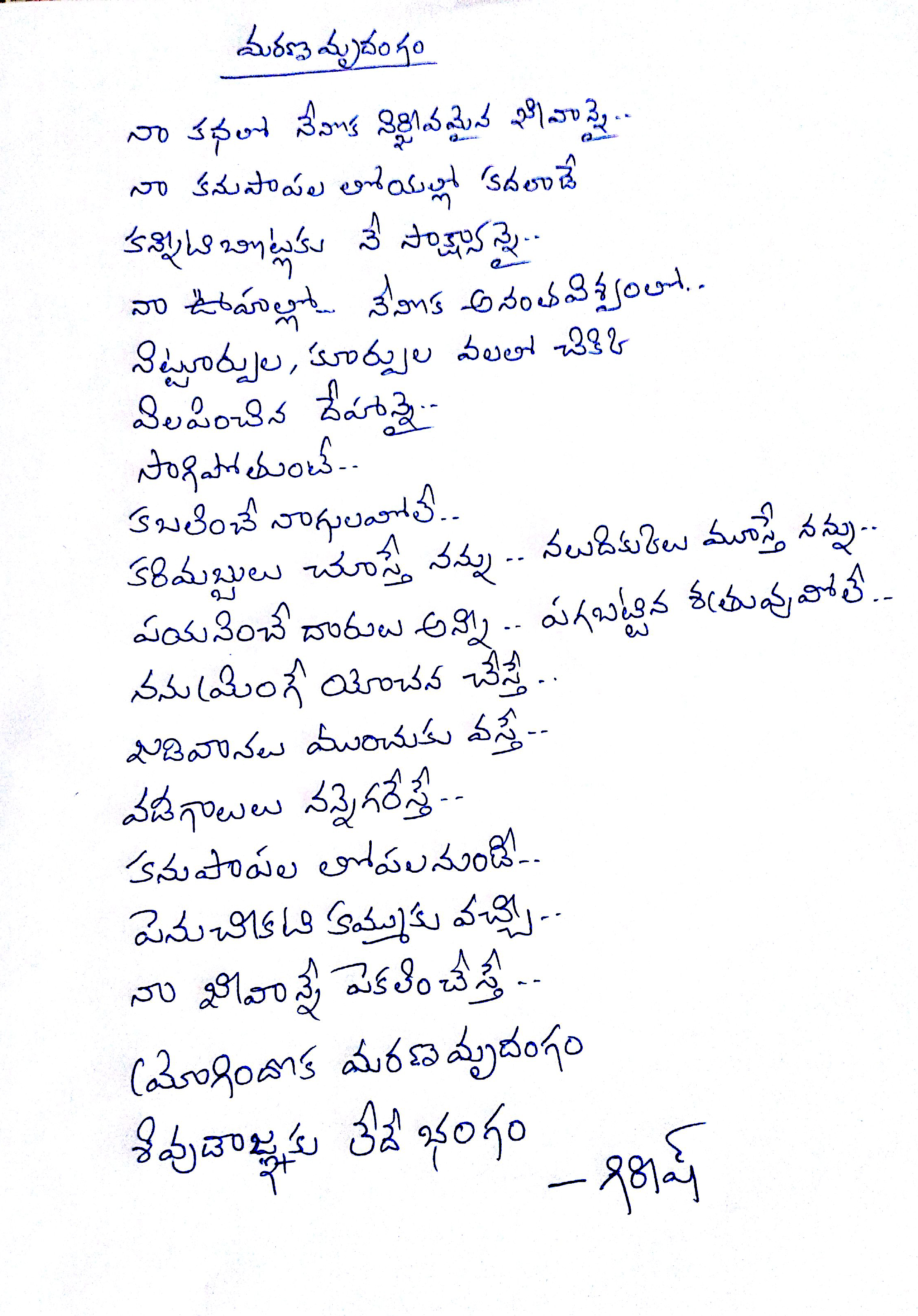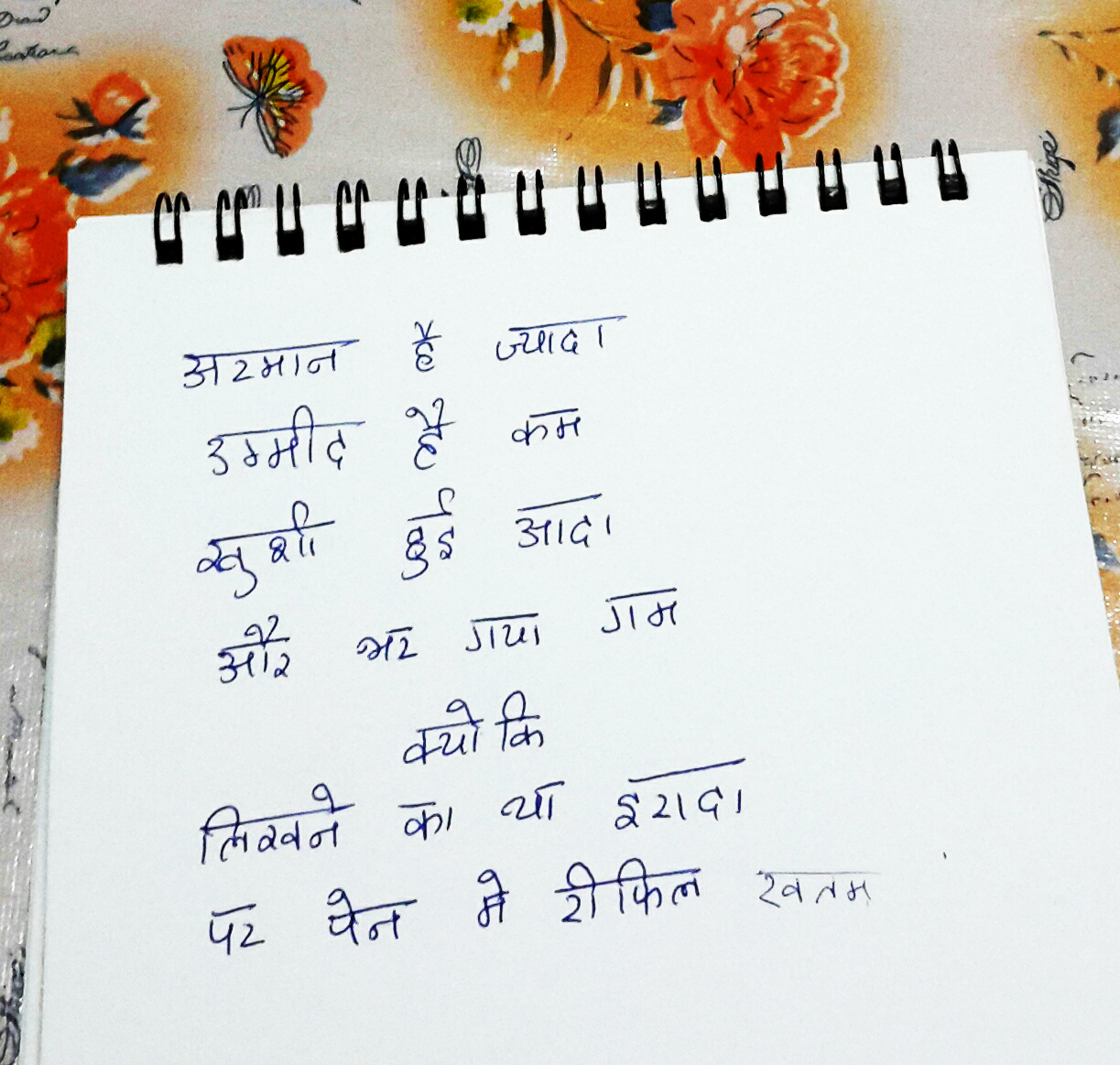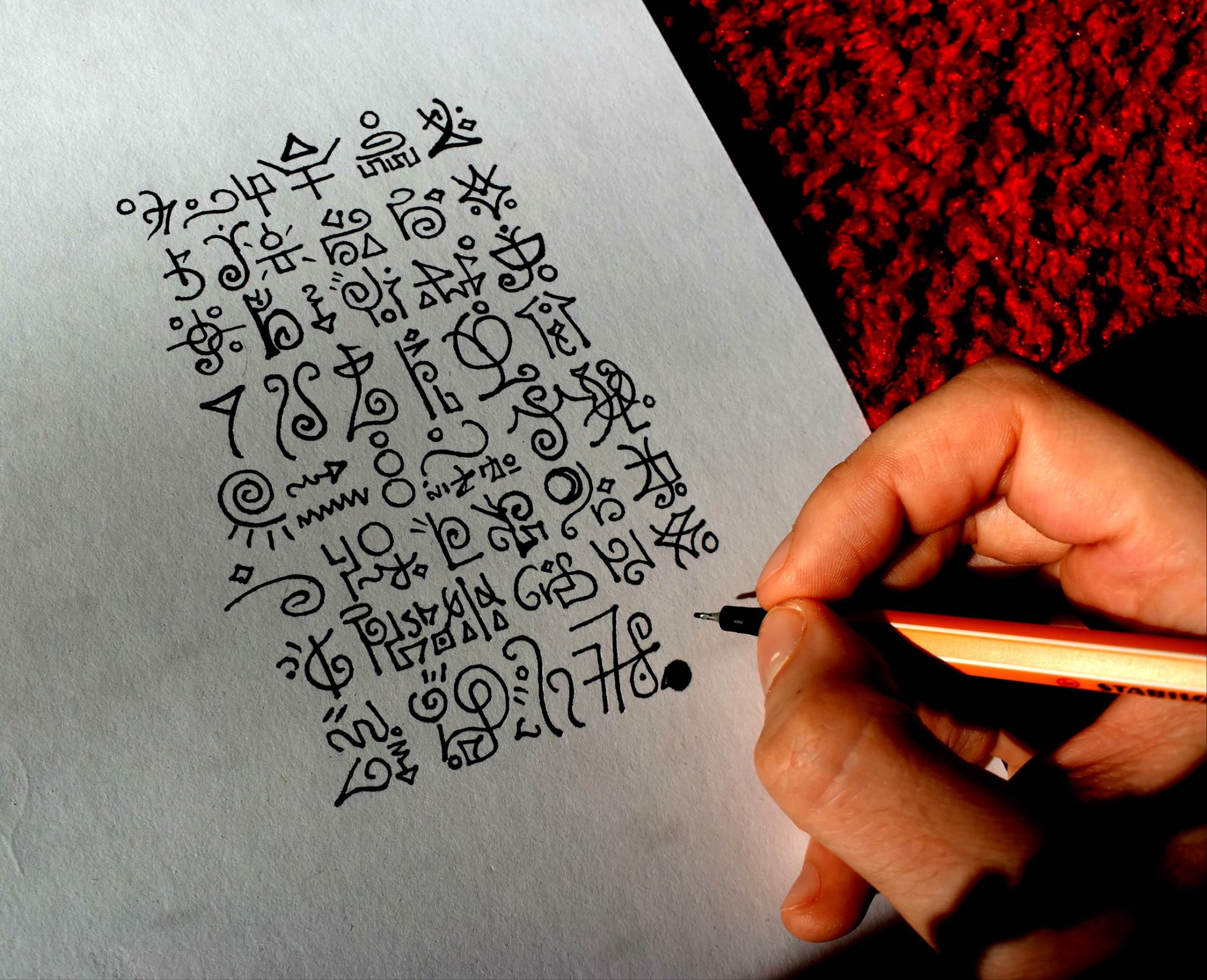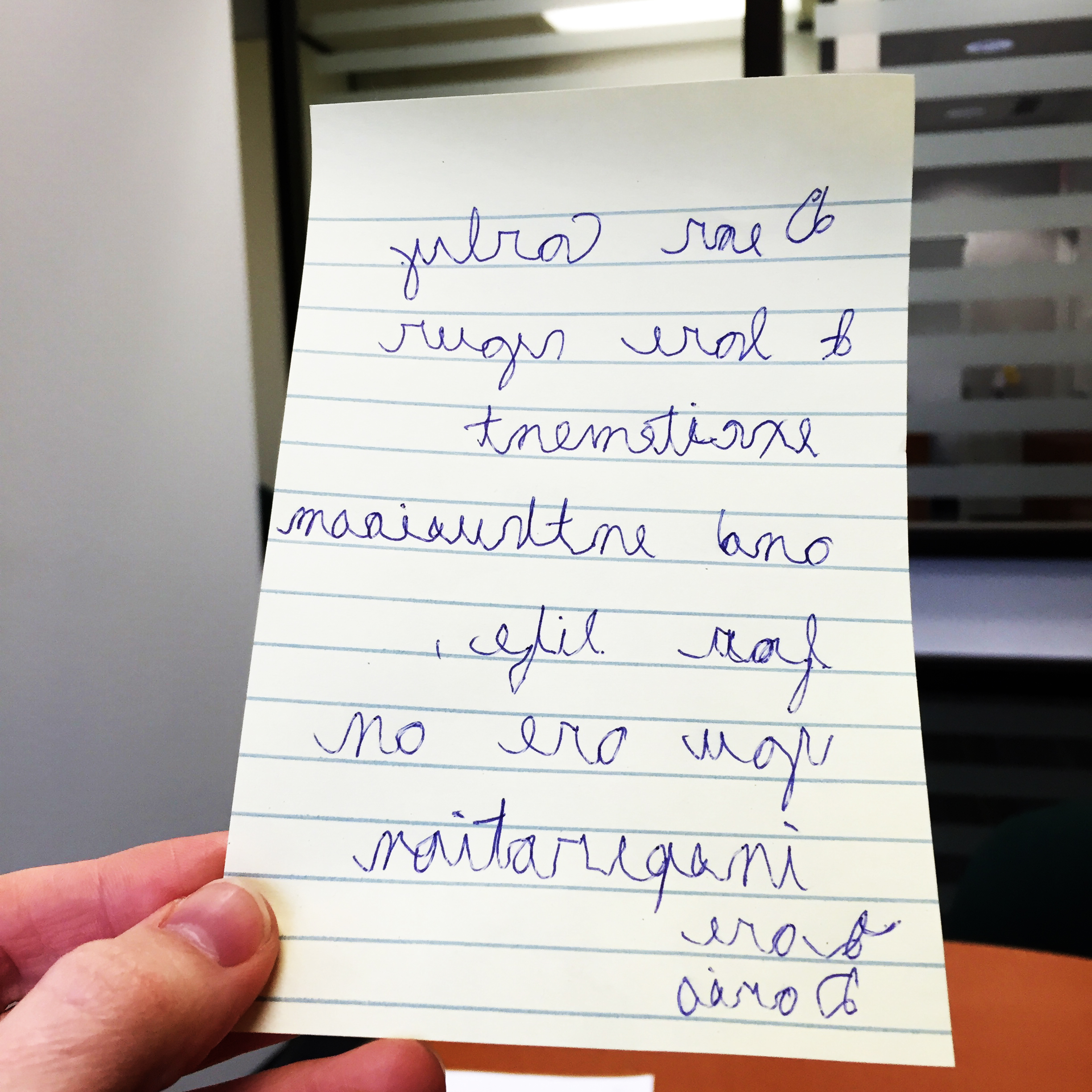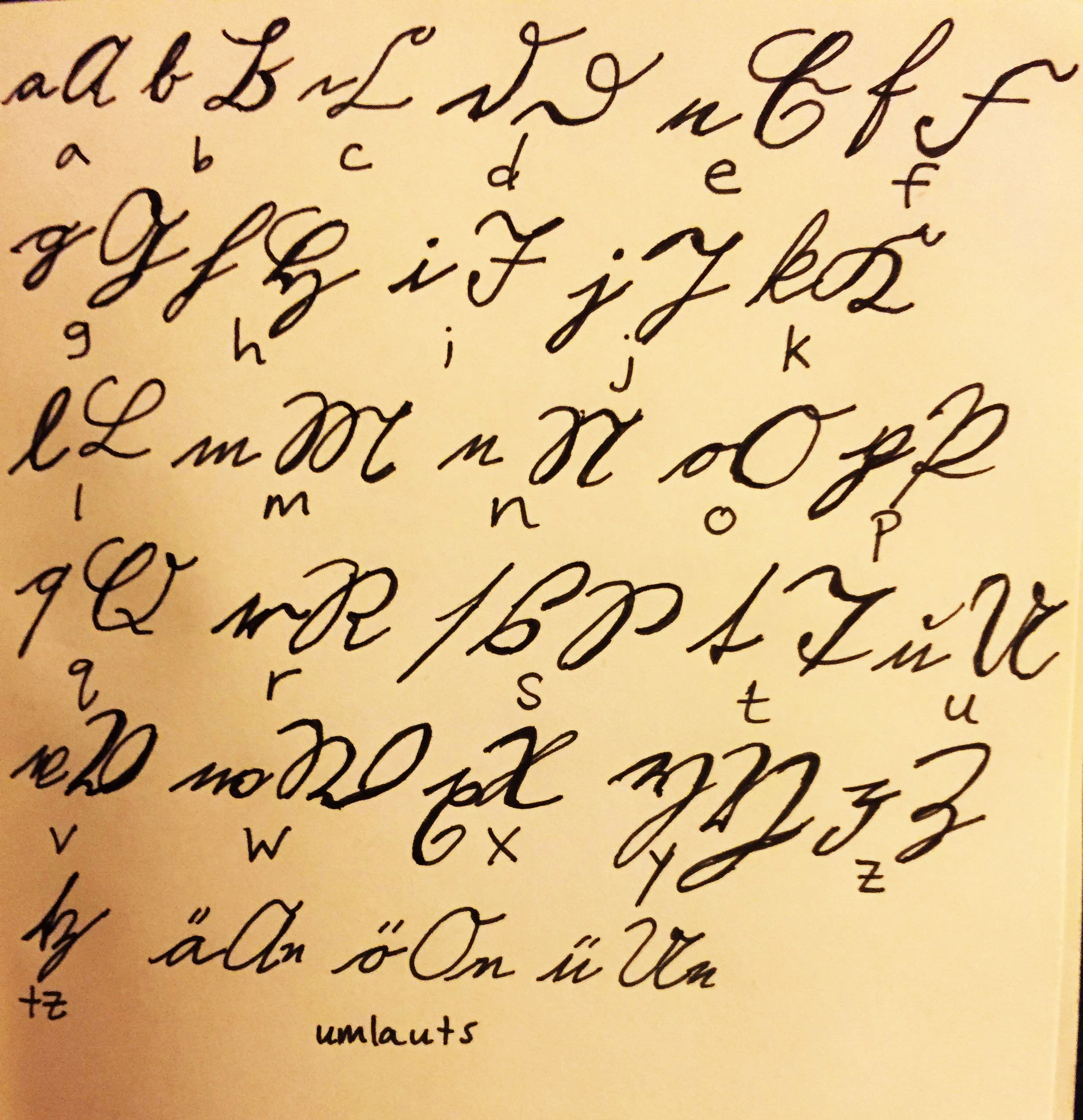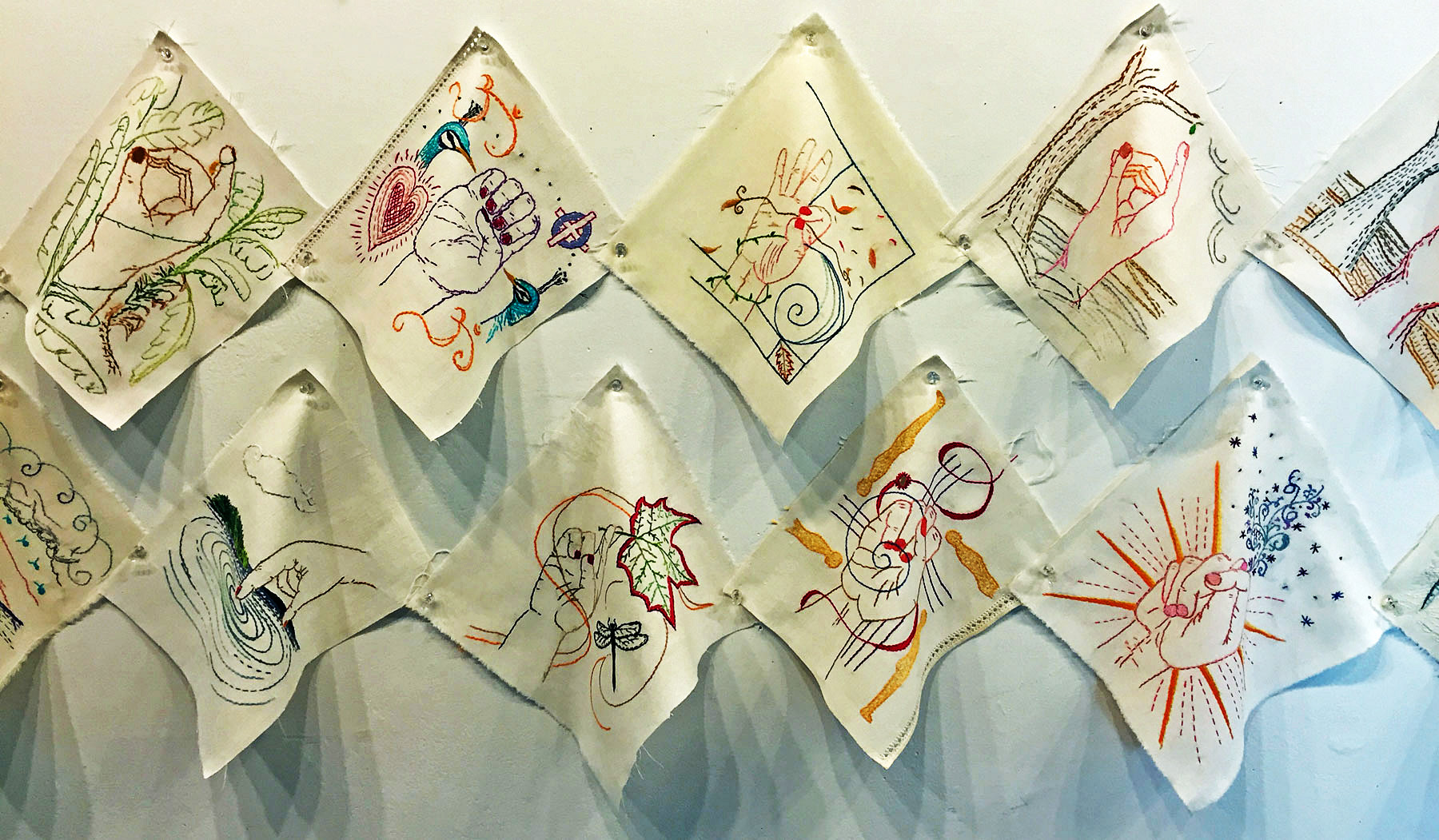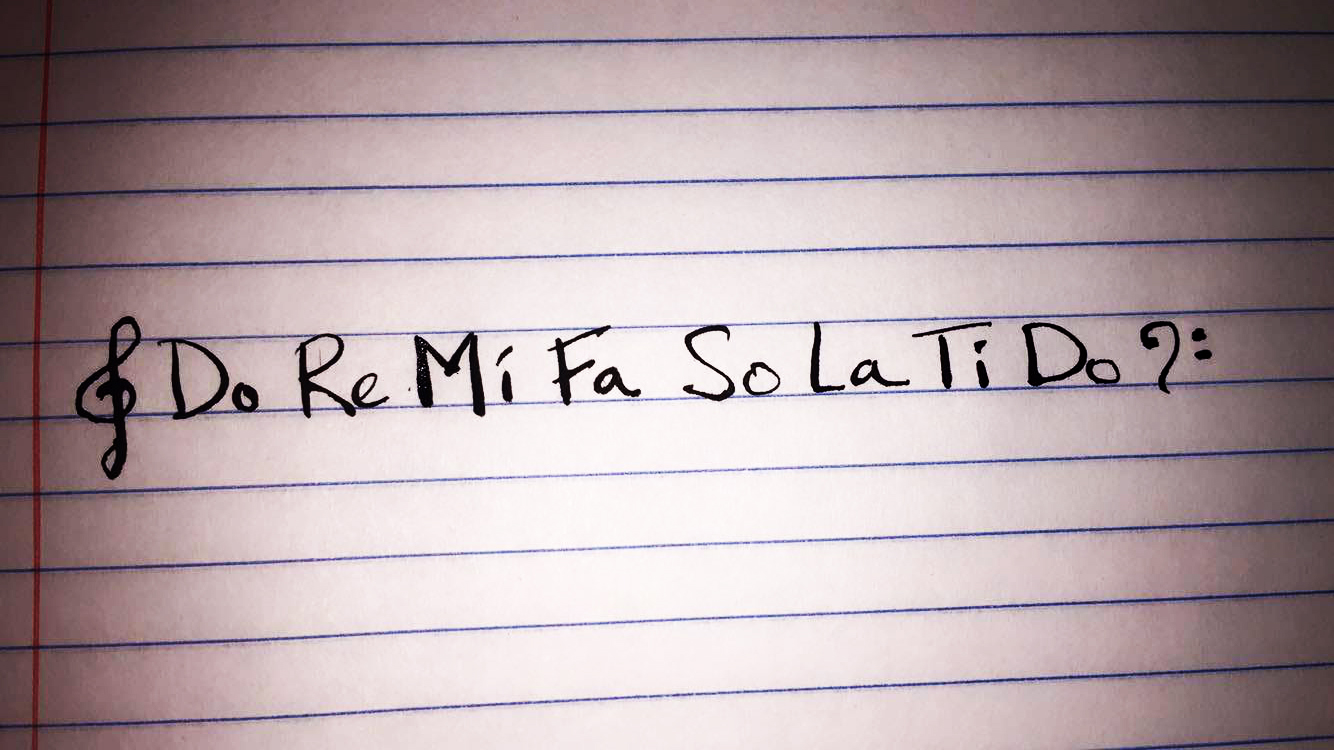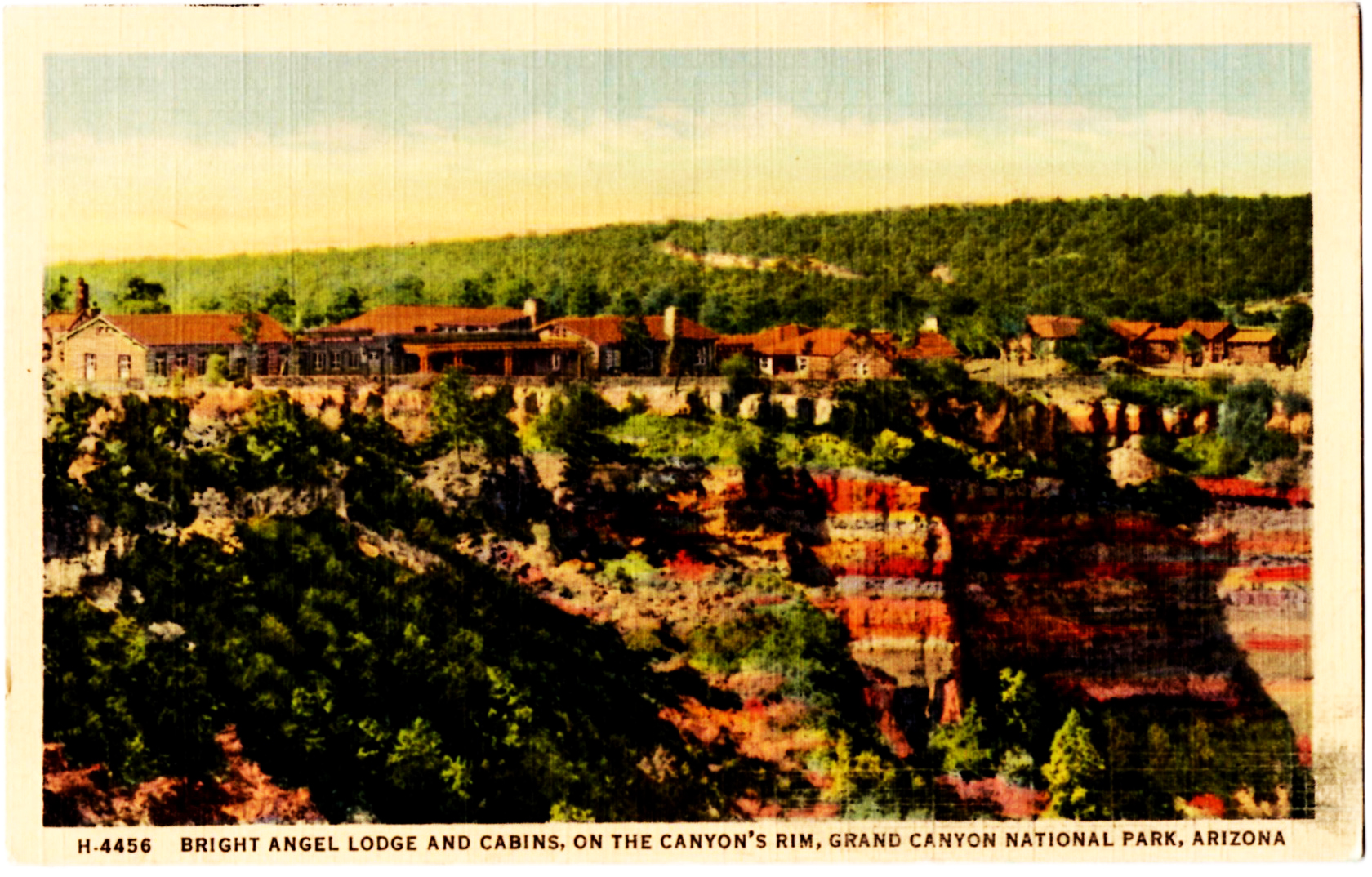BRETT RAWSON: What led you to studying the divide between handwritten vs. digital correspondence in romantic relationships?
MICHELLE JANNING: I was cleaning out a closet and found the box of letters I'd stored from high school and college. After reading through them I talked with my husband, and we (college grads in the mid-90s just after email started and just before the internet) figured we might be the last generation of letter writers. Then lunch with friends of different generations (one who had a folder in her phone labeled "texts from cute boys") made me wonder further. Full story in the publication attached.
RAWSON: What did you find from your study that you didn't expect? Did anything surprise you, did new patterns emerge, did you find any contradictions between what people say and what they do? If you were to extend this research, what would be next?
JANNING: The most surprising thing I found was that, while women are more likely to save letters and mementos from relationships than men (and to save more of them), men tend to look at or "visit" their saved love letters more frequently than women. And men tend to store them in more accessible places (as opposed to closets, under the bed, or in storage).
Some of this may be because women tend to be tasked with household organization more, and spend more time than men on creating a storage location that is decorated or made special in some way. Right now I'm trying to figure out if it'd be worth studying the data to look at generational difference. The hard task here is that technologies change so fast that I'm not sure I can capture both age differences and technological change simultaneously (because change in one can falsely suggest change in the other).
My big project now is writing a book that uncovers how the objects and spaces in our homes tell us something about family relationships. Love letter storage will be part of the chapter on dating, sex, and paths to family formation.
RAWSON: Between-ness seems central to your focus. Aside from technology, what else comes in between us and handwriting?
JANNING: Good question. For me, between-ness is about internal conversation when I find myself unable to agree with polarized claims. Relating this to handwriting means that I am neither a huge fan nor critic of handwriting. I can see the importance of keeping it in order to foster all the good things that can stem from it (like the aesthetic, the handcrafted, the thoughtfulness, the non-reliance on non-human technologies).
But I also shy away from romanticizing anything that hearkens back to a fictitious past when our present (privileged) perception is that it was somehow better then than now. This is true when I think of gender roles, intergenerational relations, religion, or even medicine.
RAWSON: What is your own experience with handwriting?
JANNING: My dad had a brain tumor after college but before I was born that rendered him physically disabled such that he lost hearing in one ear, had partial paralysis in his face, and had to switch hands for writing. He had grown up ambidextrous. I have vivid memories of watching him sign his name with the most bizarre pen strokes, which took an inordinately long time, but which never seemed to make me feel impatient.
This matters because I am an impatient person. I also have looked at his musical compositions from college (he was a music major), which were all handwritten. Since the pre-tumor writing was different from what I saw him do, I always thought about his life as having two segments. Only now do I think that maybe the visual representation of his handwriting may have had something to do with that perception. Add to this the fact that my mother has handwriting that is like a flawless art piece, and no wonder I'm intrigued.
I learned calligraphy as a 10-year-old, and taught my son to do it when he was younger. I love examining how the aesthetic world can tell us something about human relations. I have always spent time shopping for interesting pens, inks, and papers, especially when we'd stay with cousins in Germany as a child. In high school and college, I would pride myself on the clever use of colored ink to help with anything from chemical compounds to calculus formulas, and from maps to poems. I recently was asked to write a book review for an academic journal, and I decided to hand-write both the notes and initial draft. I did this because I bought a new fountain pen in Germany this summer. The final draft (which was then crafted on the computer) went more quickly than anything I've ever written, and it was accepted without a single revision (complete with both a formal and informal note from the editors telling me how amazing it was).
RAWSON: Are you concerned that handwriting / cursive lessons are being eclipsed by keyboard proficiency lessons in the U.S. school system?
JANNING: Yes and no. I see the use of keyboarding as necessary for the work that my students do in college, and that it is most certainly an efficient way for me to do my own writing. (Again, I'm impatient). But because I find myself grateful that my son was on the cusp of cursive instruction (he received some in Denmark when we lived there, he did a little in 3rd grade just before the school moved to a greater focus on Chromebook instruction), I must think it's a good thing.
My bigger concern with the Chromebooks has more to do with the increase in standardized testing, which I presume may be exacerbated by virtue of the fact that students are getting quicker at keyboarding. This makes testing more efficient. What I liked about my son's teachers last year was that, especially in writing (Hooray for Mrs. Hartford!), the kids would draft things by hand, learn to navigate and edit on a computer, and be allowed lots of time for crafting stories. So, as far as the creative writing process goes, I think his teacher struck a good balance.
Other than the aesthetic coolness of nice handwriting, I am concerned that students will not be able to READ handwriting, which limits our ability to learn things from historical texts.
RAWSON: When you think of your own handwritten correspondences, what comes to mind?
JANNING: How little I do this. I am not a letter writer. I think of little notes to my son, or drafting my writing by hand. That's funny I suppose.
RAWSON: Phenomenologists have argued that the self falls away when we are engaged in an intense activity, usually one that collapses the sense of the mind-body split by activating both elements. Do you think the writing implement of choice could act as a bodily extension, and that writing by hand helps combine subject and object in ways that promote intimacy with a text, whereas typing into a word document promotes separateness of subject and object?
JANNING: I am not sure, because I have felt precisely this way while crafting my writing on a computer screen. For my aging body, the times when I am most likely to feel the mind-body split is when I am in pain. For typing, it's in my shoulder and my eyes. For handwriting, it's in my wrist.








